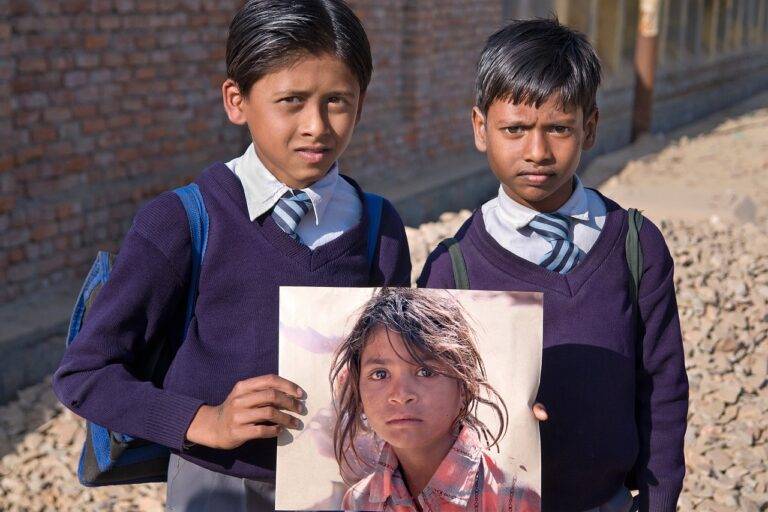Election Campaigning in the Age of Misinformation
Amidst the digital age, the dissemination of fake news has become a potent weapon in shaping public opinion during political campaigns. False information can quickly spread like wildfire, influencing voters’ perceptions and ultimately swaying election outcomes. The impact of fake news on political campaigns is profound, as it can create confusion, division, and mistrust among the electorate, further polarizing society.
In an era where information is readily accessible but often questionable in authenticity, the widespread circulation of fake news poses a significant threat to the democratic process. The rapid spread of false narratives can undermine the foundation of political discourse, leading to misinformation and disinformation dominating public discourse. As political campaigns increasingly rely on digital platforms for communication, the challenge of combatting fake news and ensuring the integrity of information has become more pressing than ever.
How Misinformation Spreads on Social Media Platforms
Social media platforms have become breeding grounds for the rapid dissemination of misinformation. With the ease of sharing content at the click of a button, false information can spread like wildfire among users. This is often fueled by the emotional responses elicited by sensational headlines or images, leading individuals to share without fact-checking the credibility of the content.
Moreover, algorithms on social media platforms tend to prioritize content that generates engagement, regardless of its accuracy. This means that misleading information can easily gain traction and visibility, reaching a larger audience than factual news. As a result, false narratives can quickly gain momentum and influence public opinion, shaping political discourse and societal beliefs.
The Role of Fact-Checking in Combatting False Information
Fact-checking plays a crucial role in today’s digital landscape where false information spreads rapidly. With the rise of social media platforms as primary sources of news, misinformation can easily gain traction and influence public opinion. Fact-checkers act as gatekeepers, verifying the accuracy of claims and debunking falsehoods to ensure that the public is well-informed.
In the era of information overload, fact-checking organizations provide a necessary service by scrutinizing content and holding individuals and organizations accountable for spreading false information. By employing rigorous research methods and vetting sources, fact-checkers help to distinguish between truth and fiction. Their work not only helps to combat the spread of misinformation but also promotes a culture of transparency and accountability in public discourse.
• Fact-checking organizations play a crucial role in verifying the accuracy of claims and debunking falsehoods.
• In today’s digital landscape, misinformation can easily spread on social media platforms, influencing public opinion.
• Fact-checkers act as gatekeepers to ensure that the public is well-informed and can distinguish between truth and fiction.
• By employing rigorous research methods and vetting sources, fact-checkers help combat the spread of misinformation.
• Their work promotes transparency and accountability in public discourse.
What is fake news and how does it impact political campaigns?
Fake news refers to false information that is presented as news. It can have a significant impact on political campaigns by spreading misinformation, influencing public opinion, and undermining the credibility of candidates.
How does misinformation spread on social media platforms?
Misinformation spreads on social media platforms through the rapid sharing of content, the use of misleading headlines, and the manipulation of algorithms. False information can quickly go viral and reach a large audience before it is debunked.
What role does fact-checking play in combatting false information?
Fact-checking plays a crucial role in combatting false information by verifying the accuracy of news stories, statements, and claims. Fact-checkers work to debunk misinformation, provide context, and promote transparency in reporting.
How can individuals identify fake news and misinformation?
Individuals can identify fake news and misinformation by checking the credibility of the source, verifying the information with reputable sources, and being skeptical of headlines that seem sensational or too good to be true. It is important to fact-check information before sharing it online.







